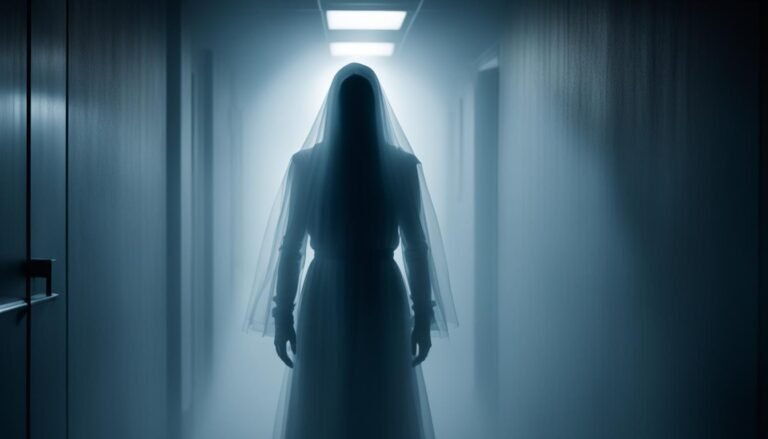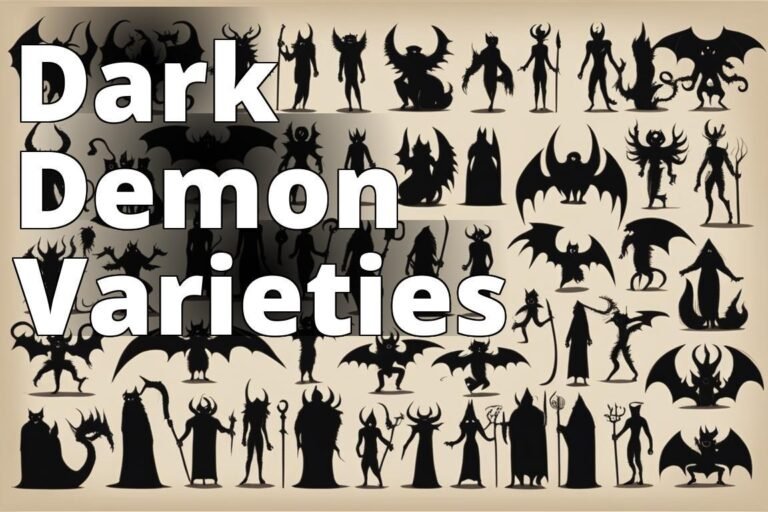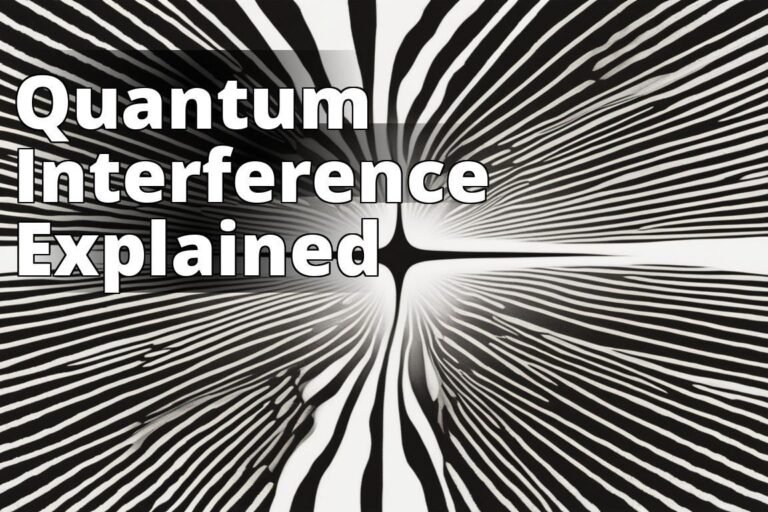The 10 Most Terrifying Ghost Stories in Literature
Have you ever wondered what ghosts represent in literature? Why do these spectral figures continue to haunt the pages of our most beloved stories, sending shivers down our spines? Ghost stories are more than mere tales of horror; they are rich, layered narratives that reflect our innermost fears, societal anxieties, and the universal quest for understanding life and death. In this exploration, we dive into the essence of ghost stories, unearthing the symbolism behind these ethereal entities and revealing why these ten stories stand as monumental achievements in the literary world.
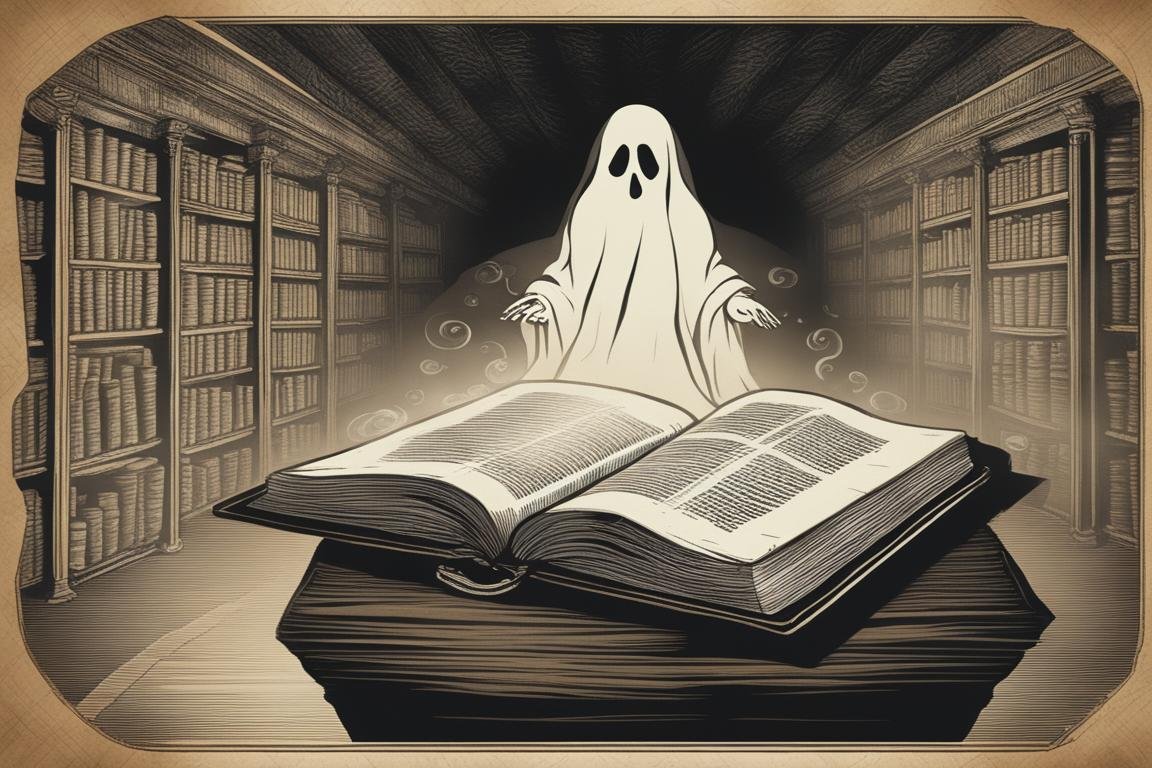
Learn about Ghost Representation in Literature
- Ghosts in literature often represent unresolved trauma or guilt.
- They can symbolize the unknown, fear of death, or the supernatural.
- Ghost stories serve as a way to explore human emotions and psychological depths.
1. The Signal-Man by Charles Dickens
Charles Dickens’ “The Signal-Man” is a masterpiece of suspense and supernatural foreboding. Dickens weaves a tale of a railway signal-man haunted by foreboding visions that precede disastrous events on the line. This story delves into themes of technological advancement and its disconnect from human intuition and natural warnings.
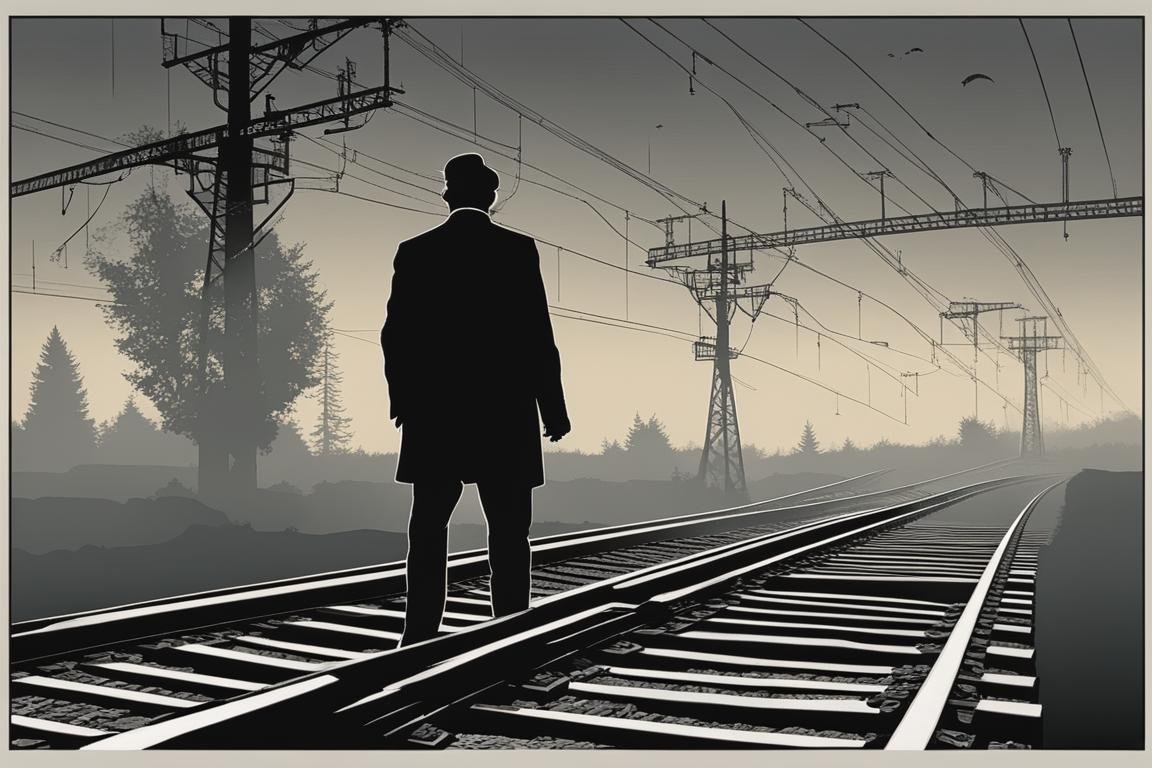
Insider Tip: Pay attention to Dickens use of the telegraph as a metaphor for communication beyond the living world.
2. The Beckoning Fair One by Oliver Onions
Oliver Onions’ “The Beckoning Fair One” is a psychological thriller masked as a ghost story. The narrative explores the descent into madness of a writer, isolated and consumed by the presence of an unseen entity. This story is a poignant commentary on solitude, creativity, and the destructive nature of obsession.
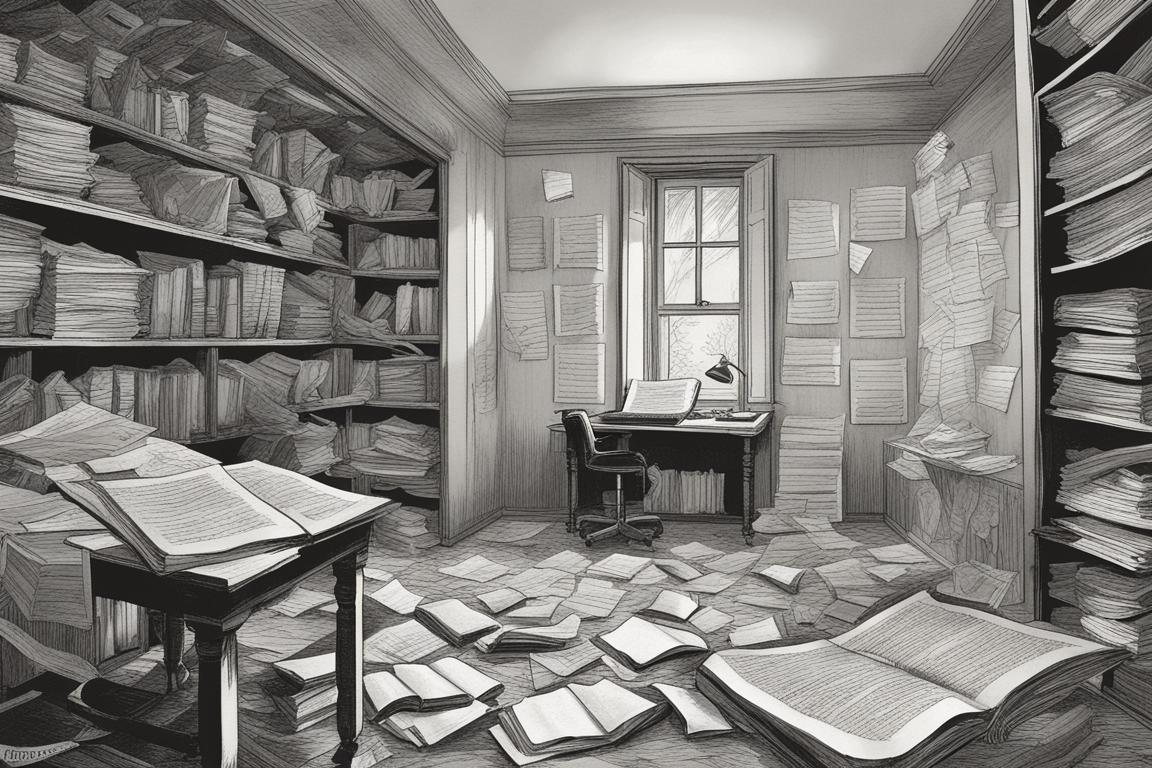
3. The Jolly Corner by Henry James
“The Jolly Corner” by Henry James explores the theme of self-discovery through the supernatural. The protagonist returns to his childhood home, only to confront the ghost of the man he might have been had he stayed. This story is a compelling investigation of identity, regret, and the paths not taken.
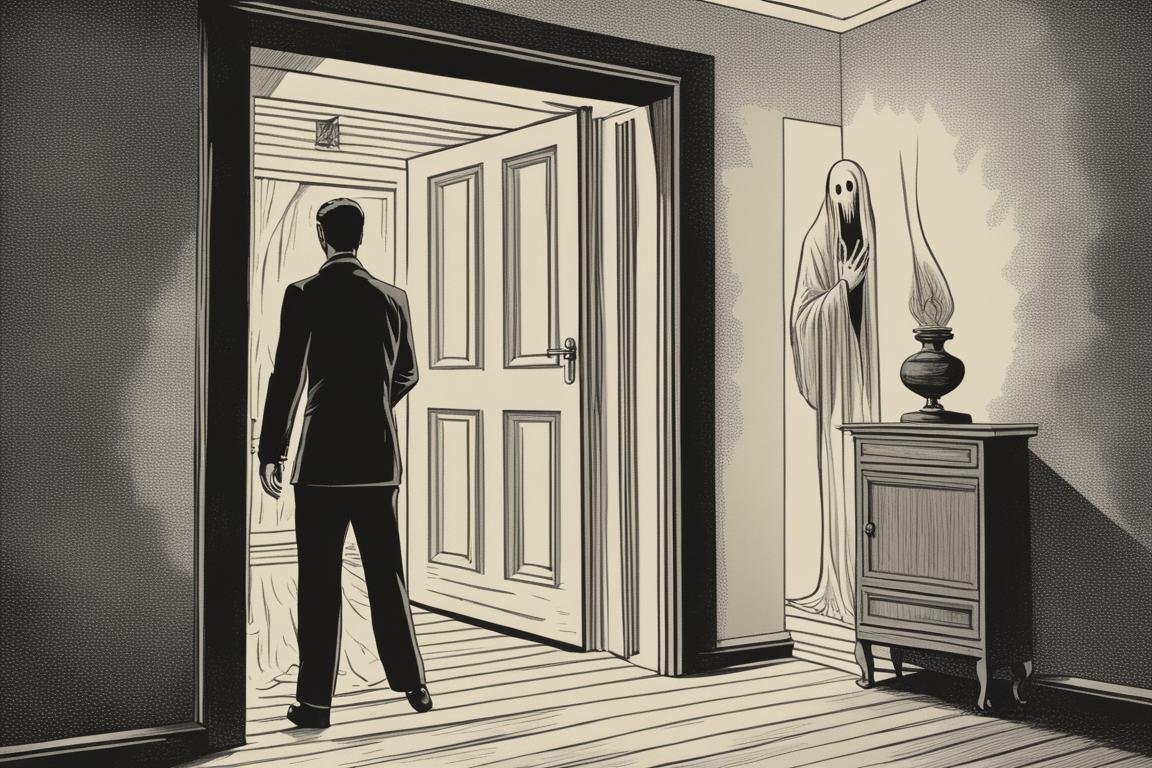
4. The Willows by Algernon Blackwood
Algernon Blackwood’s “The Willows” is a supernatural horror story that transcends the traditional ghost tale. Set in the wild, desolate landscapes of the Danube, it explores the thin veil between our world and a terrifying, incomprehensible realm beyond. This story is a testament to the power of nature and the unknown.
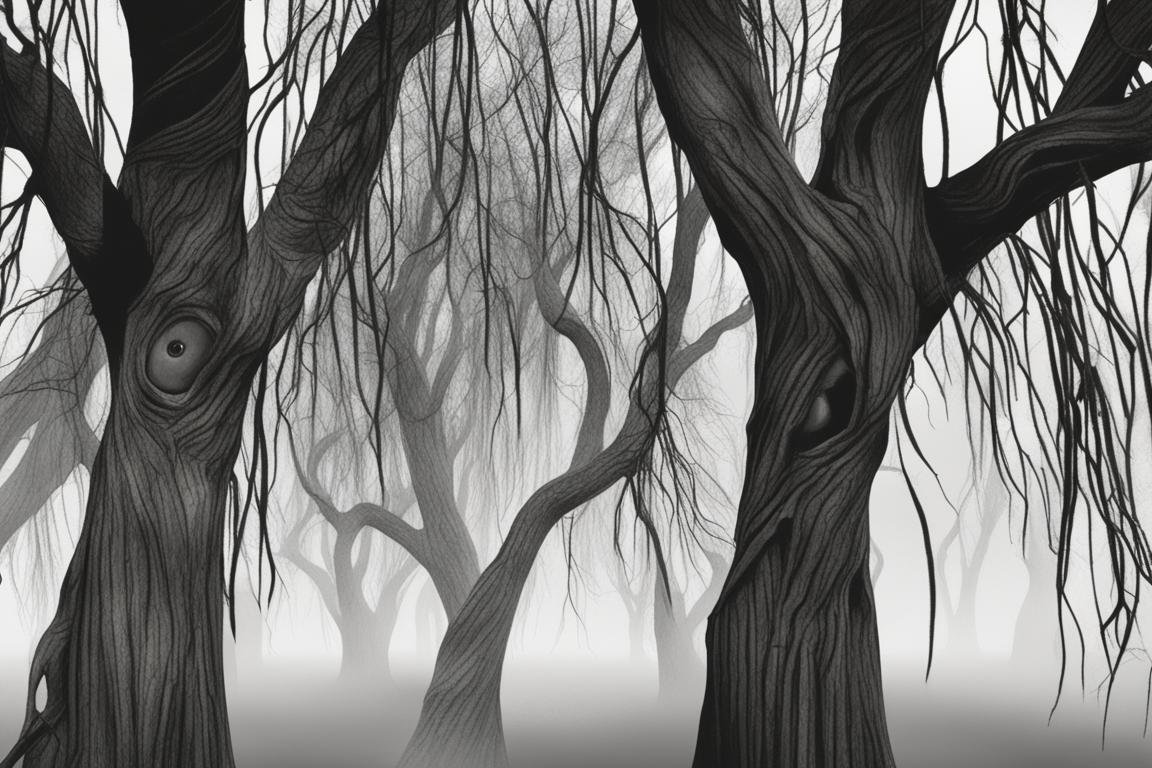
5. Oh, Whistle, and Ill Come to You, My Lad by M.R. James
M.R. James’ story is a classic example of the academic ghost story, where a rational, skeptical protagonist is confronted with irrefutable supernatural phenomena. The tale, centered around an ancient whistle found in a Templar preceptory, unwraps the dangers of awakening things beyond our understanding.
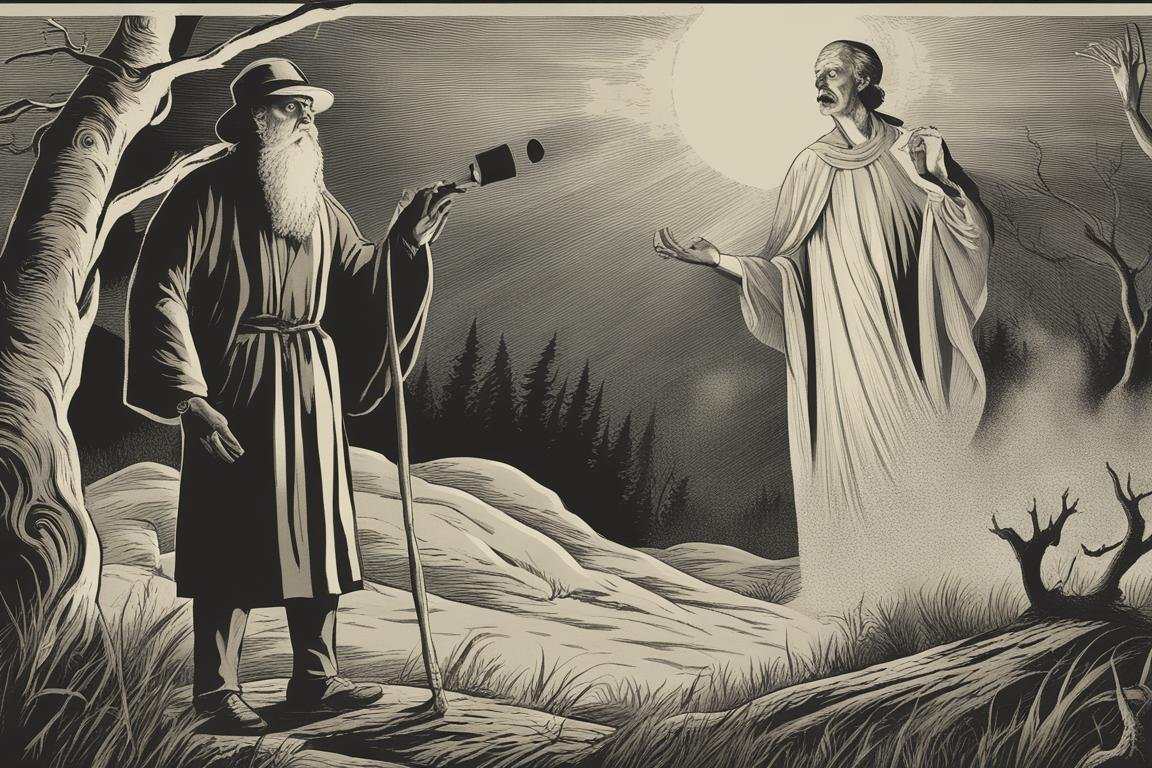
6. The Yellow Wallpaper by Charlotte Perkins Gilman
While not a traditional ghost story, “The Yellow Wallpaper” by Charlotte Perkins Gilman is a haunting narrative of mental deterioration and societal oppression. The protagonist’s descent into madness is mirrored by her obsession with the patterns of the yellow wallpaper in her room, which she perceives as a living, malevolent entity.
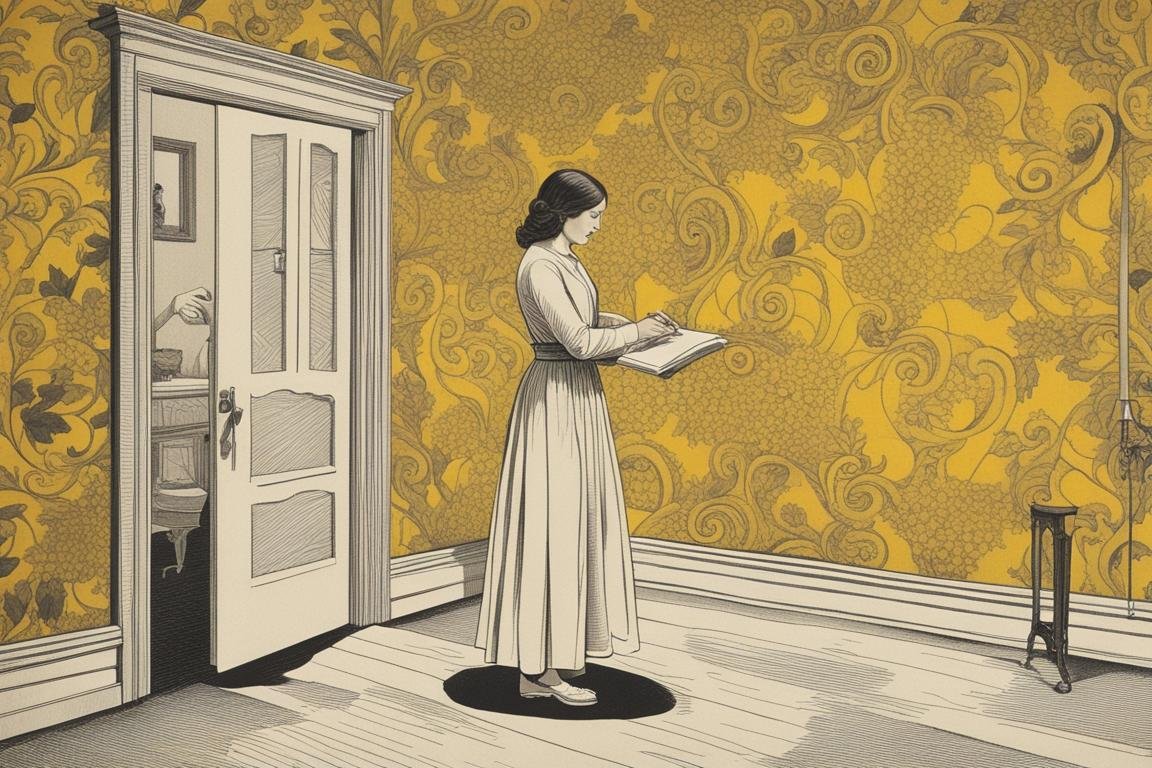
7. The Open Window by Saki
Saki’s “The Open Window” cleverly uses the ghost story format to explore themes of deception, social expectations, and the power of storytelling. In this tale, a young girl frightens a visitor with a fabricated story of tragedy and spectral return, showcasing the impact of narratives on our perceptions and beliefs.
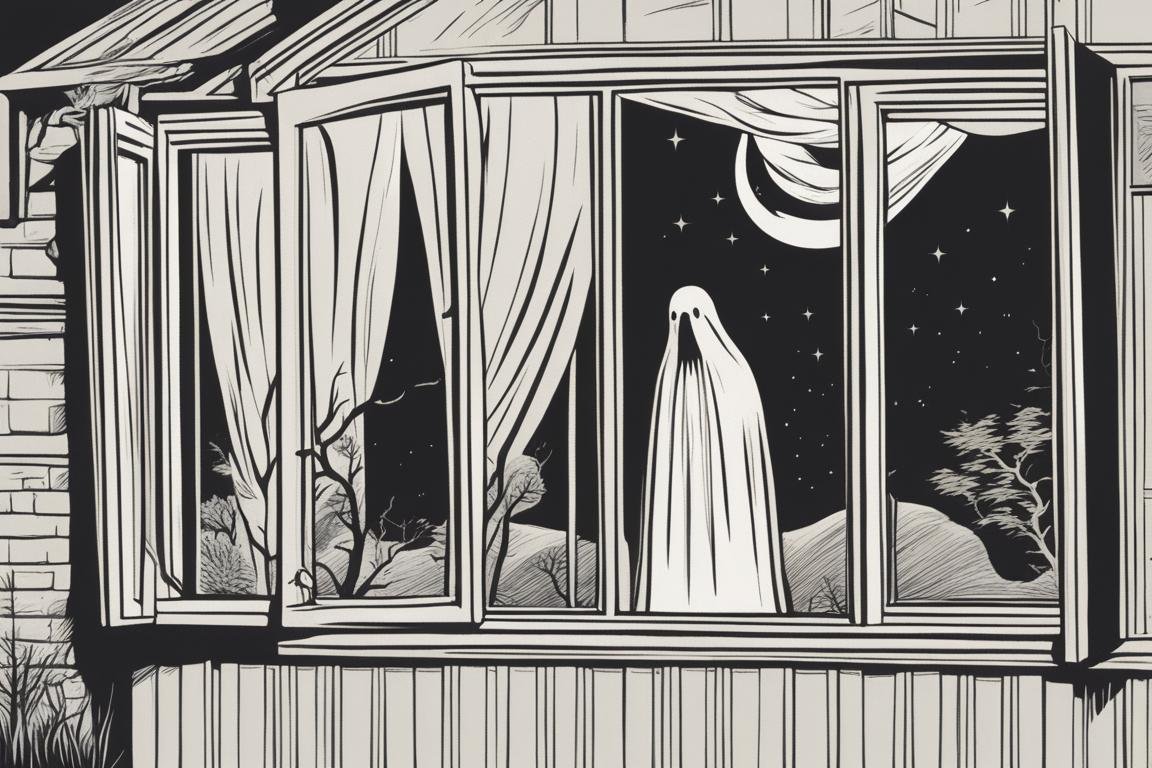
8. The Monkeys Paw by W.W. Jacobs
“The Monkey’s Paw” by W.W. Jacobs is a cautionary tale about the dangers of wish fulfillment and tampering with fate. The story’s central object, a cursed monkeys paw granting wishes with horrific consequences, serves as a grim reminder that some doors, once opened, cannot be closed.
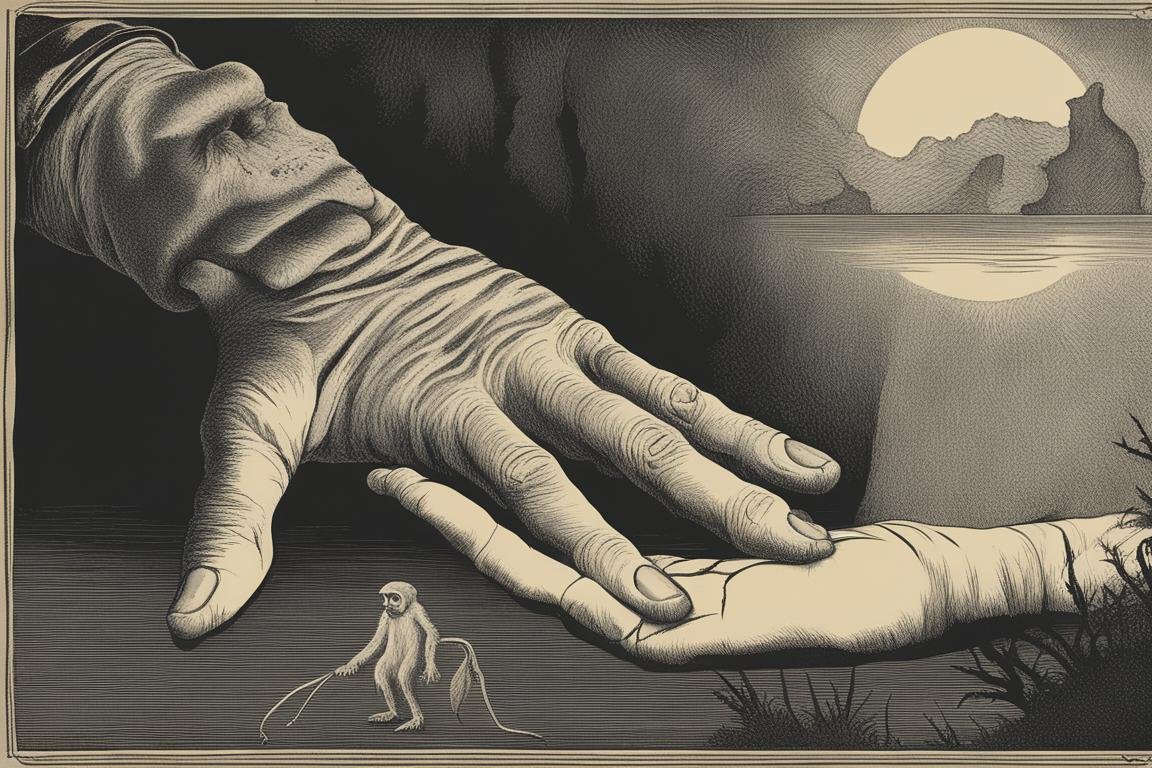
9. The Turn of the Screw by Henry James
Henry James’ “The Turn of the Screw” is a complex narrative of psychological depth and ambiguity. Through the tale of a governess convinced that her charges are in the grip of malevolent ghosts, James explores themes of innocence corrupted, the reliability of perception, and the horror of the unseen.
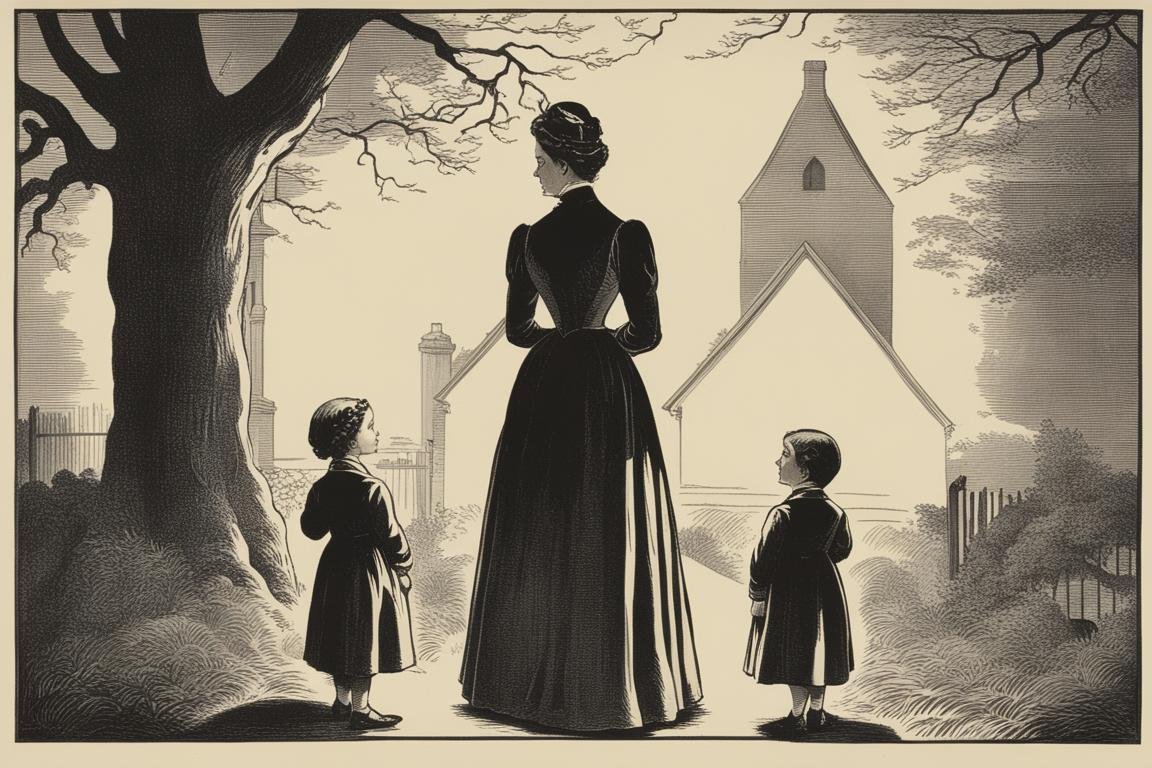
10. The Haunting of Hill House by Shirley Jackson
Shirley Jackson’s “The Haunting of Hill House” is a seminal work in the genre of psychological horror. Exploring the fine line between the supernatural and the madness of the mind, Jackson weaves a story of a haunted house that preys on the fears and vulnerabilities of its inhabitants.
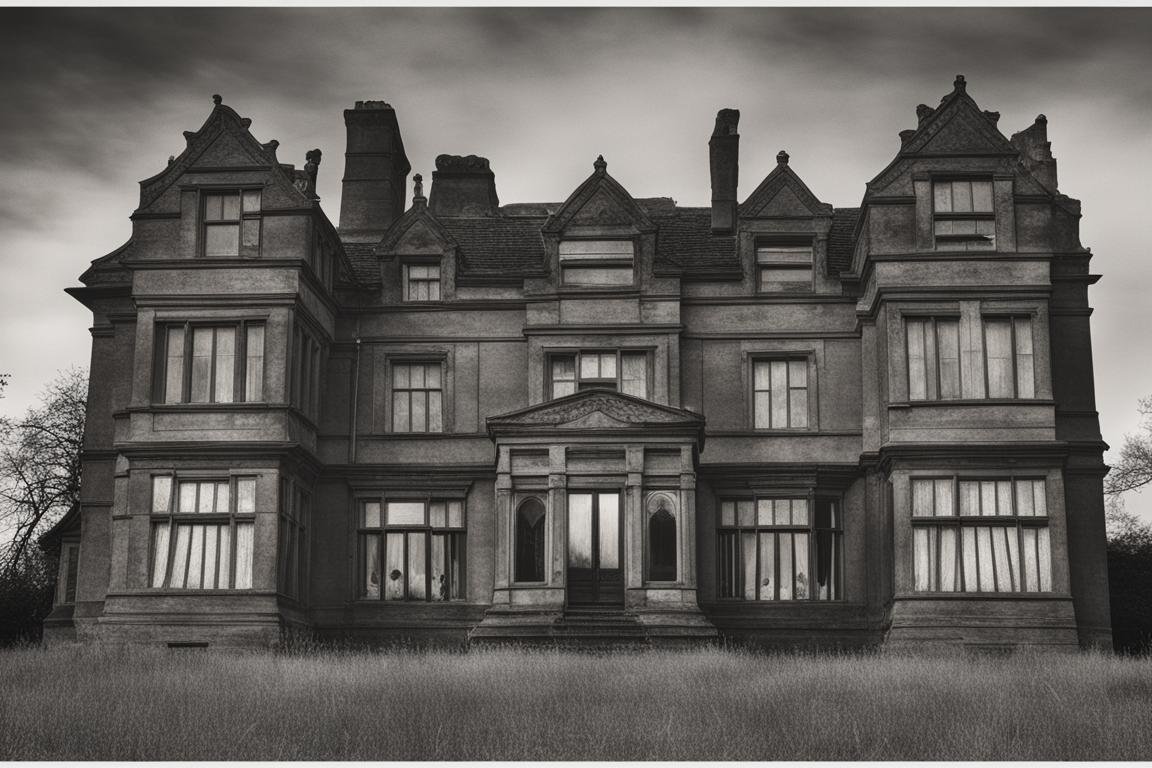
Ghosts in literature often represent the unresolved, the hidden fears that lurk in the human psyche, and the universal dread of the unknown. These ten stories, each a gem in the realm of ghostly narratives, offer a glimpse into the depths of our collective anxieties, challenging us to confront the specters of our own making. Whether it’s the eerie whisper of the willows, the haunting despair of the yellow wallpaper, or the chilling grip of Hill House, these tales prove that the true essence of a ghost story lies not in the specter itself, but in what it reveals about the human condition.
In weaving these narratives, authors tap into our deepest fears, using ghosts as metaphors for the myriad ways in which the past can haunt the present, the unknown can terrify the known, and the unseen can be more frightening than anything visible to the eye. The power of these stories lies in their ability to evoke a profound emotional response, to make us ponder the mysteries of life and death, and to connect us with the intangible, shadowy corners of our own minds.
To explore more about the nature of ghosts and spirits, visit our sitemap here.
In conclusion, the best ghost stories are those that leave a lingering sense of unease, challenging our perceptions and forcing us to confront our innermost fears. They remind us that sometimes, the most terrifying ghosts are the ones we carry within ourselves.
Answers To Common Questions
Who are ghosts typically representing in literature?
Ghosts often symbolize unresolved past trauma or guilt.
What is the significance of ghosts in literary works?
Ghosts are used to explore themes of loss, memory, and the supernatural.
How do ghosts add depth to a story in literature?
Ghosts can create an eerie atmosphere and provoke reflection on mortality.
Why might some readers find ghosts in literature unsettling?
Some readers may find ghosts unsettling due to fear of the unknown.
How can ghosts in literature be interpreted in different ways?
Ghosts can be interpreted as literal spirits or as psychological manifestations.
What if a reader does not believe in ghosts in literature?
Even for skeptics, ghosts can still serve as powerful metaphors in literature.



